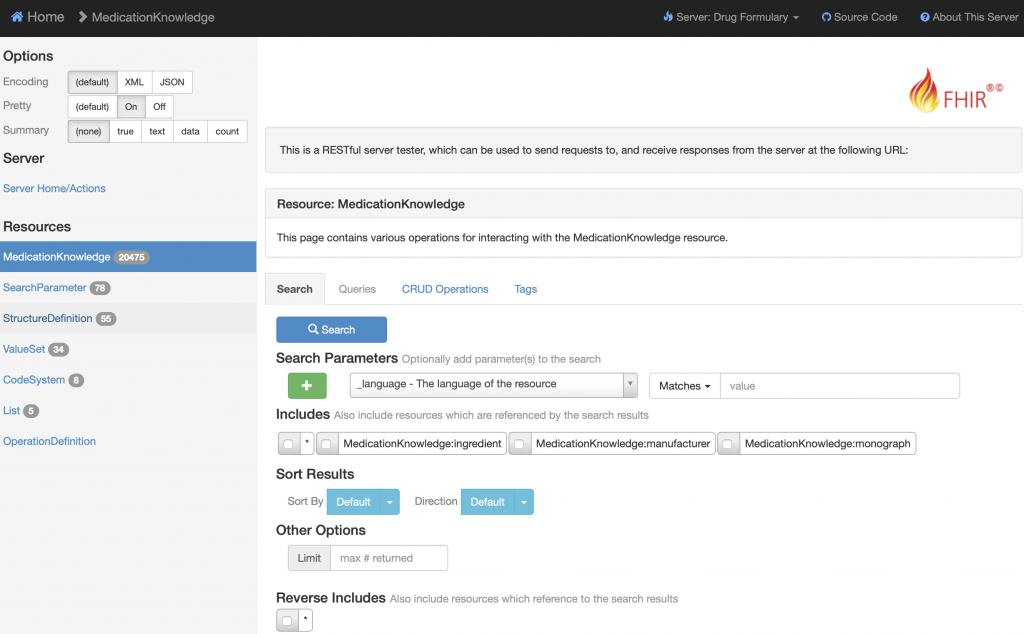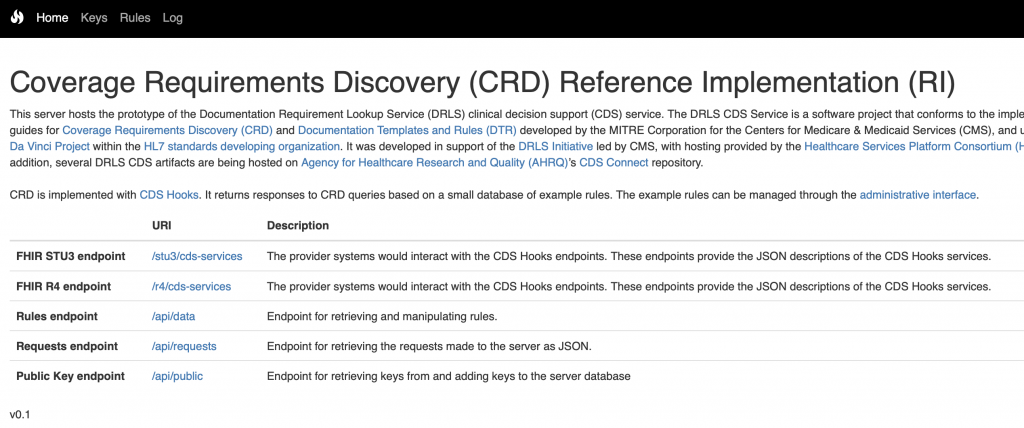Logica blends cloud infrastructure and agile software delivery practices with expertise in healthcare interoperability to offer a managed infrastructure capable of delivering your applications onto the Internet on demand.

Code
Focus on building your apps, not infrastructure.

Deploy
100% automated builds and releases.

Repeat
Release to production early and often, or not.
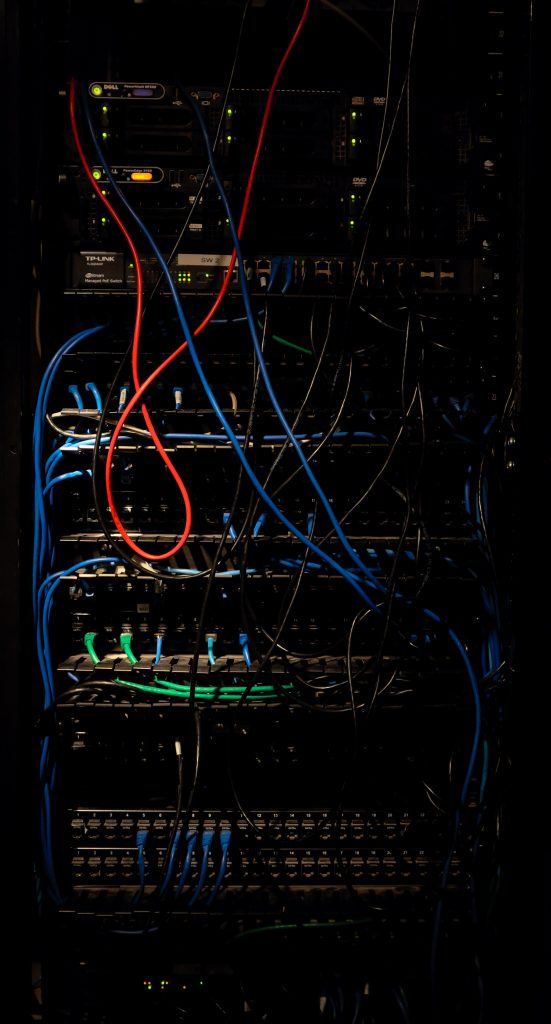
First, the cloud.
Logica starts with industry-leading cloud infrastructure to fully manage the deployment and ongoing infrastructure maintenance of 1st-party and 3rd-party applications. We support all manner of health IT-specific standards such as FHIR, SMART-on-FHIR, CDS Hooks, HL7 v2/v3, and non-standards-based application types. Pure web user interface frontends and custom REST, SOAP, WS, and other backend types are all supported.
Then beyond it.
- Vendor-neutral environments
- Language agnostic automation
- Software delivery automation
- Expert onboarding
- Support partnerships
- Rapid application development
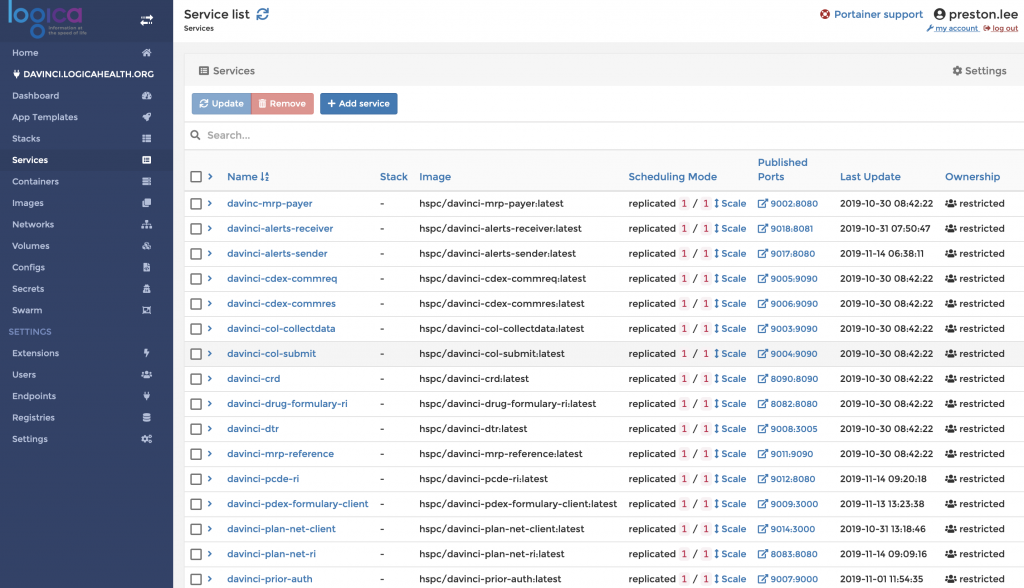
service management 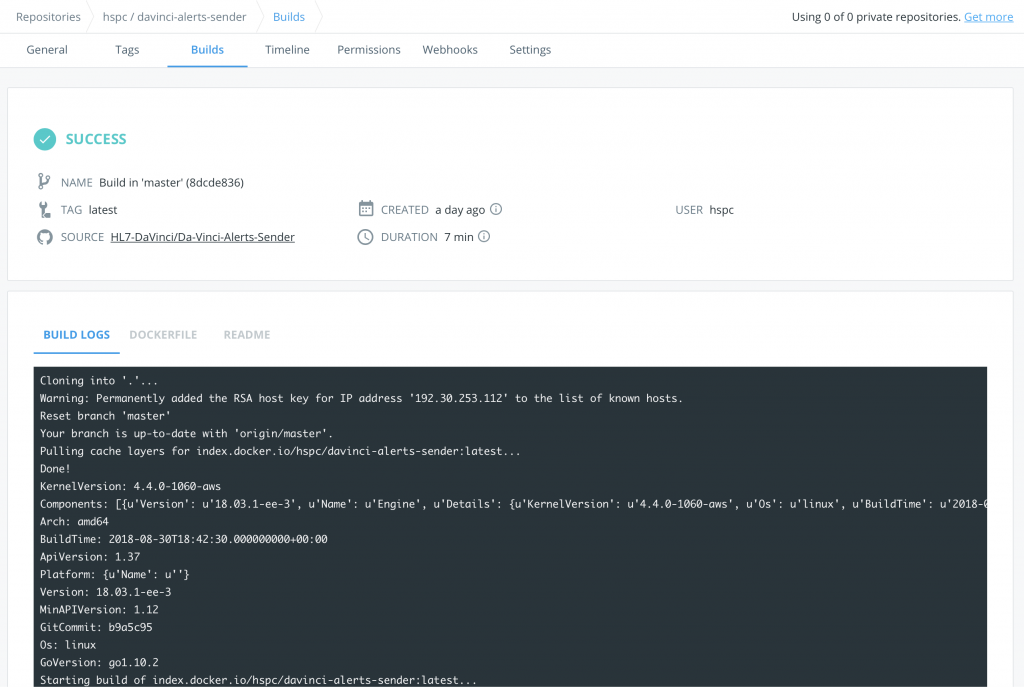
continuous delivery 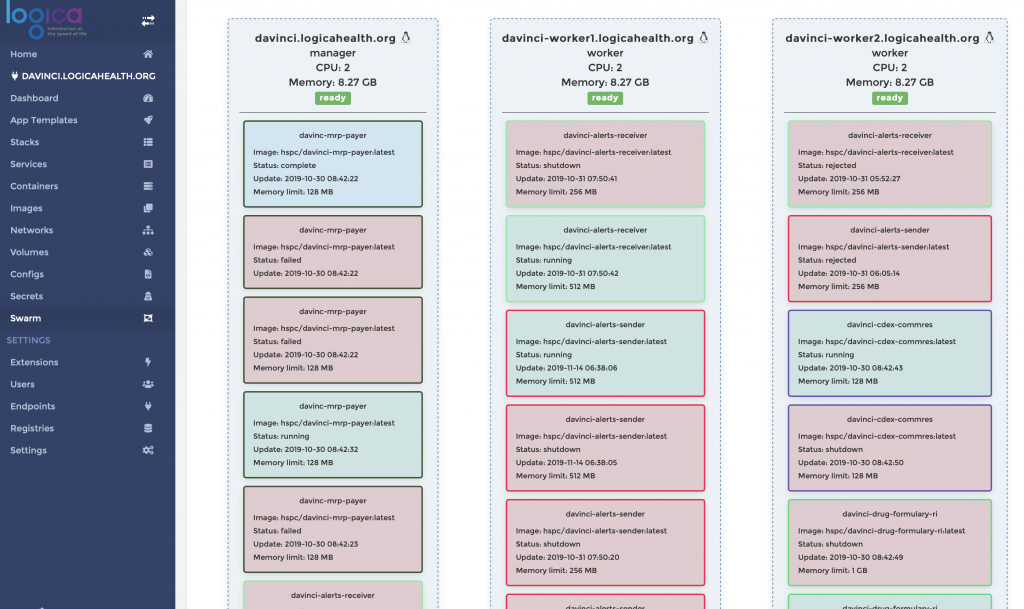
cluster status
Vendor-Neutral Perspective
As a registered 501(c)(3) committed to healthcare interoperability, Logica’s Board of Directors is driven by care providers and uniquely positioned as a vendor-neutral mediator to interoperability issues. We do have our own underlying vendor commitments and opinions, but are not beholden to the interests of any specific EHR or other vendor. We are committed to full-stack interoperability and are also a driver of underlying clinical models and terminology standards required to achieve true data interoperability.
Language Agnosticism
Real-world health IT enterprises need to interweave solutions across many heterogeneous languages, frameworks, and operating systems. Logica Managed Services expect developer diversity and impose minimal engineering burdens, regardless of whether you use Java, Ruby, Python, C#, JavaScript, TypeScript, Node, Angular, React, or other technologies.
Project Velocity Optimization
In general, applications run by Logica Managed Services keep you in control of your own software development lifecycle (SDLC). With optimization, critical software updates can be fully deployed on the order of minutes from being released by your development team. Developers have direct access to application logs to troubleshoot critical bugs without needing to open support tickets. Once your apps are running, you are fully in control of how frequently (or infrequently) you release changes. 20 times per day or once a year, it’s up to you. And if your software configuration management (SCM) approach requires multiple stacks for staging, testing, or user acceptance testing (UAT) purposes, we have you covered.
Expert Onboarding
Logica Managed Services are maintained by experts specializing in heath HIT, knowledgable of current trends and popular standards. If your applications aren’t quite ready for cloud deployment, we’re here to help. And unlike pure cloud IaaS providers, Logica has examples of how to deploy healthcare-specific apps, and can work with your architects and developers to make any necessary code changes.
Priority Support
Base Logica membership has many benefits such as having a voice in our direction, but does not include support. Partnering with Logica to provide Managed Services gives you priority access to the technical assistance required to address your specific challenges.
Success Stories
Health Level 7 (HL7) uses Logica Managed Services to provide hosting and developer support to the HL7 DaVinci program, providing over a dozen diverse software reference implementations of HL7 standards. The environment is an active engagement between Logica, HL7, and ONC to demonstrate a broad array of interoperability use cases surrounding provider-payer interactions via standardized FHIR resources. Program use cases are stewarded by HL7, who has partnered with Logica to operationalize and managed the environment.

